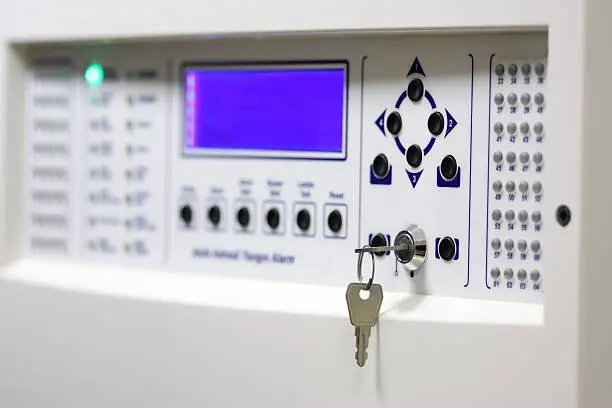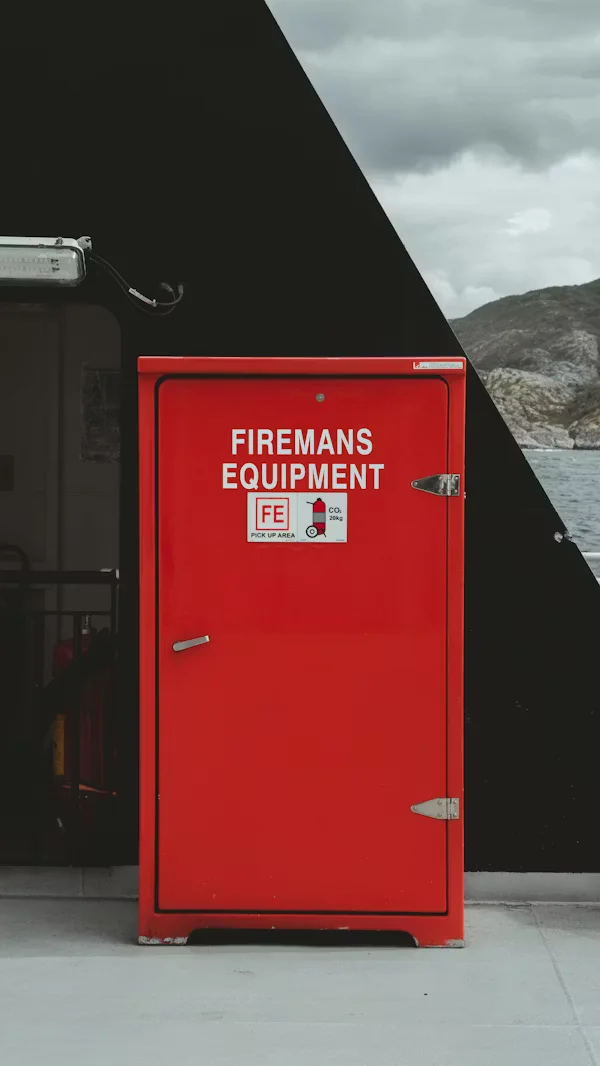
Nobody expects a fire to break out at work, but these types of emergency can strike businesses at any time. If the worst should happen while you’re on the premises, would you know the correct procedure to evacuate immediately? It’s a duty of care to ensure that you (and other employees) are ready, just in case disaster strikes nearby.
There are some actionable tips that could help. Here are some to get you started.
Your action plan
Outlining your responsibilities during a fire or other evacuation emergency can be compiled in your ‘Emergency Action Plan’. It should include escape routes which highlight primary and secondary emergency exits, the fire assembly point and also include accessible routes for those that may have disabilities. Diagrams are very useful in this instance.
It should be decided whether any employees should use fire extinguishers if needed, and that if so, that they are fully trained in their use.
Emergency Training
Your team should all be familiar with your Emergency Action Plan, but you could also provide extra training for those with specific responsibilities should an emergency occur.
If you need any of your staff to be able to use a fire extinguisher, training can be given by your extinguisher supplier. Maintenance of equipment is essential so that it is reliable should the need to use it arise.
Testing of all alarms should take place regularly. Conducting routine fire drills will also give your employees chance to practice their roles and responsibilities as if it were a real evacuation. Your local fire safety provider will be able to give guidance and advice if you feel there could be improvements in the evacuation process.
Prevention
Now that your team know what to do in an emergency situation, there are steps you can take to make sure the chances of fire breaking out are reduced. A common sense approach to general health and safety rules will help keep your workplace and its employees as safe as possible:
- General Maintenance should be ongoing. Canteens in particular are ‘hotspots’ for flammable grease and grime build up, so appliances should be checked regularly to be sure they’re working adequately.
- Dispose of rubbish daily so that it doesn’t build up into a hazard.
- Clear all exits, stairways and corridors in case of emergency evacuation.
- Open windows when cleaning products are being used, particularly near to heat sources.
- Store paper products correctly, and never near to heat sources.
- Make your premises is a smoke free zone. Discarded cigarette ends cause fires!
- Ensure your premises are secure when there is nobody on site. Arson is the cause of over 40% of serious fires, so stepping up security is a good idea.





